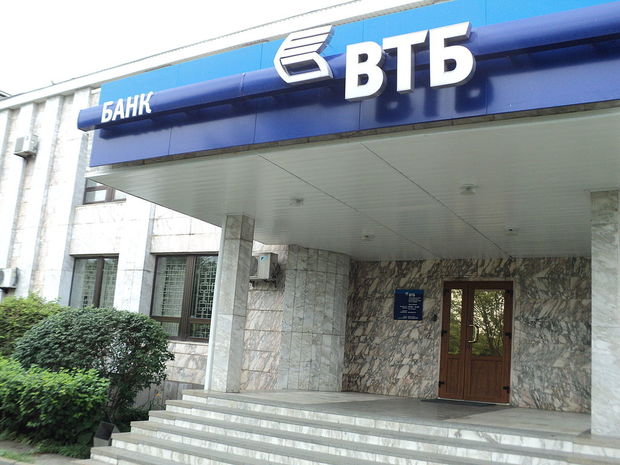Russian privatisation programme gains momentum
The government is ready to get rid of stakes in major state companies. But, in general, they should remain under the state's control. The privatisation is designed to replenish the Russian budget. It includes VTB Bank, Rostelecom, Russian Railways, Transneft and other valuable assets.
Russia is ready to continue privatisation, claims Bloomberg referring to a privatisation plan prepared by the Federal Agency for State Property Management. The programme's draft is still being discussed among ministries. It includes a sale of stakes in a variety of state companies within the next three years.
Earlier in an interview in September, President of Russia Vladimir Putin said that he welcomes the intention to reduce the state's ownership. 'The Russian government has no need to hold such large stakes and we are committed to carrying out our plans,' he said. 'The state really is perhaps too big in the Russian economy now.' However, the government mostly retains its authority over major companies due to keeping control stakes.
The biggest lot on the list is 35% of VTB Bank. On Friday, Russian Minister of Finance Anton Siluanov said that 11% of the lender may be sold in 2017. The income is estimated at about 70% of the planned revenue for the next year.

The next items are Transneft (the government intends to keep only 75% of the oil-pipeline operator by 2020) and a 25% stake of Russian Railways JSC state monopoly. Another 8% of Alrosa PJSC may be offered in addition to 10.9% that have been sold for 52.2 billion rubles this year. The government may also sell 75% of Sovcomflot PJSC, the offer will probably be held next year.
According to the plan, the government will also sell a part of its stake in RusHydro PJSC as well as its stakes in Novorossiysk Commercial Seaport PJSC, Rostelecom PJSC and agricultural trader United Grain Co.
The country's three biggest companies — Rosneft PJSC, Sberbank PJSC and Gazprom PJSC — aren't included in the preliminary programme for 2017-2019. Siluanov told reporters that the government hasn't discussed the possibility of selling a further stake of Rosneft after planned 19.5% this year.
The privatisation is mainly aimed at filling the budget gap, which has been the biggest one since 2010. The Ministry of Finance forecasted a 3% budget deficit of gross domestic product at the beginning of the year. Now it is predicting 3.7% despite the government's plans to sell the stakes in the three companies until the end of 2016 and, thus, to earn over 1 trillion rubles ($17 billion). Next year the income from the privatisation programme is to amount to 138bn rubles, and it is supposed to be only 14bn in 2018 and 2019, according to Anton Siluanov.
Western analysts doubt that the Russian president is ready for a full-scale privatisation, stated CNBC earlier. 'In fact, I personally do not believe he is ready to privatise outright majority controlling stakes in large companies to the private sector, but I think he meant small minority stakes which are interesting to the equity market,' Christopher Granville, managing director at Trusted Sources, told CNBC in a TV interview.